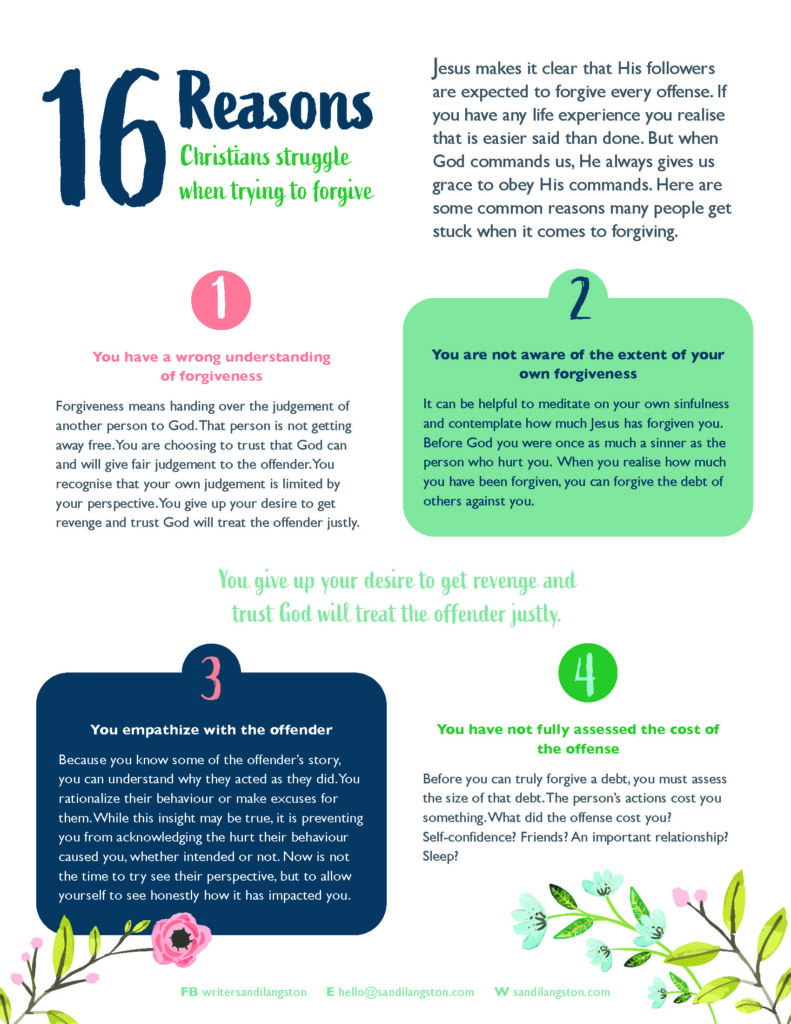Tips for Making Decisions Well
Do you take the promotion at work? Do you invest your time into a certain project?Do you study nursing or education? Do you spend your holidays with mom’s family or dad’s? We are faced with decisions every day. Some are bigger than others and some have bigger consequences than others.
Have you ever felt paralysed, anxious, or overwhelmed when faced with a decision? I know I feel unsettled when I have an important decision to make. Sometimes I am tempted to choose anything just so that I don’t have to face the agony of going back and forth between the options. Some of the hardest choices to make are between two good options, rather than “good” and “bad” options. It’s also hard when either option will disappoint someone.
While there is no recipe for making a perfect decision, there are practical tips for the process. Sometimes a decision is simply rational. Other times our emotions and desires come into play. We may not know the outcomes of each option, but God does, and we can grow in our sensitivity to the guidance of the Holy Spirit. Each time we face an important decision is an opportunity to trust God.
- Pose your decision as a yes-no question
If you are trying to decide whether to study nursing or social work or education, take them one at a time. Do you want to study nursing – yes or no? If yes, then you have your answer. If no, then ask the next question: do I want to study social work?
- Get rid of “right” and “wrong” language
Some choices are obviously sinful – I am not addressing those. More often, we are faced with equally good options. Take some pressure off the decision by realising that there is no “wrong” answer. It is not a black-and-white choice. God is not waiting to punish us the moment we choose “wrongly.” In the instances when we do not feel clear guidance from God, He is inviting us to choose, as a friend would, rather than as a master would instruct a servant.
- Trust your intuition and heed your emotions
Our intuition and our emotions play an important part in making decisions. As we practice listening to our intuition (or our spirit), we are practising listening to the guidance of the Holy Spirit who is in communion with our human spirit. Some decisions may seem irrational, but they may be exactly what the Holy Spirit is leading you to do. Who would have thought that a bit of saliva mixed with dirt would bring healing to a blind man’s eyes (John 9:6)?
When it comes to emotions, I am not talking about the fickle ups and downs that change with the wind, but rather the deeper contours of our hearts. Is there peace in this decision, or is there a sense of unease? Both can guide our process. When we are very tired, hungry, ill, or depressed are not the best times to make big life decisions. Rather postpone making your decision until you are in a healthier position.
- Name and repent of your fears
Are you afraid of what people will think of you? Are you afraid that your decision will hurt someone? Are you afraid of failing? Fear is never a good motivation. Confess your fears to God, and ideally to a trusted mentor or friend, and choose to trust God in this specific circumstance. Take Him at His word. He promises that loves you unconditionally. That means that you cannot lose His love by choosing “wrongly”.
- Reframe “failing”
A fear of failure can keep us stuck in our comfort zones, but like a plant in a pot that is too small, our growth is restricted, we dry out too quickly, and we may easily tip over. Just as the plant needs to be repotted into a bigger pot, so we need to step out of our comfort zone occasionally. Even if things do not work out as you plan, you can be proud that you tried something new, or learned something valuable from a difficult circumstance. God is not expecting perfection from us; instead, He lavishes His grace on us (Ephesians 1:7-8). There is even grace and forgiveness when we willingly disobey God and turn back to Him in repentance. No failure changes His love for us.
- Get rid of guilt
Guilt is also a terrible motivator and leads to regret or resentment. Your yes is not really a yes unless you are free to say no. Years ago, I was faced with the decision of attending a friend’s wedding far away. I felt guilty at the thought of not going, even though it was inconvenient to travel at the time. The guilt I felt and the “shoulds” I felt pressured by were clues that it was not a healthy decision process. In the end I confessed to God my fear of disappointing my friend, and I chose to trust God to provide the finances and the time off from my responsibilities. I thought God would give me peace not to attend the wedding. Instead, I was joyfully surprised to be able to attend the wedding from a place of joy and wanting to be there, rather than out of guilt at not being there.
- Know your motives
If you know why you are choosing a certain option, you can move forward with confidence. Even if it works out terribly, you can have confidence knowing that you made your decision for good reasons. Perhaps you decided to try something new, or wanted to challenge yourself, or you tried out a dream that you have had for years. When you look back to your decision one day, you can feel proud for those reasons, rather than judging yourself by the outcome.
- Strip away the influence of money or status
Just because the new position pays more does not mean you will be happier. Just because you will become more popular does not mean you should give in to peer pressure. The influence of money or status can often skew a decision. If you take these factors out of the picture, would you still decide on the same option?
- Check in with your mentors
We are made to live in community, and God places authority figures over us for our protection. If you are still living under the authority of your parents, hear what they have to say about your decision. Listen carefully to their concerns, even if you don’t agree with them. Proverbs 15:22 says that “Plans fail for lack of counsel, but with many advisers they succeed.” While it may be helpful to seek advice from others, you are the one who will have to live with the consequences. Your job is not to please someone, or to avoid disappointing someone. Your job is to discern what your spirit, guided by the Holy Spirit, is leaning towards.
Do pay special attention to the advice of trusted spiritual authority figures in your life (eg. A spiritual mother or father) and take their warnings seriously. Pray for clarity and unity when they feel uncomfortable about a choice you want to make.
- Spend a day as if you have decided each way
Let’s say you are deciding whether to accept a promotion that will change your job description. Live one day as if you have decided to accept the promotion. Live the next day as if you have decided to decline it. Note how you feel each day and reflect on these feelings before making your final decision. Sometimes a sense of relief about one option can guide our decision. Depending on the magnitude of the decision and the amount of time available to make it, you can adjust the time lived each way to a week or perhaps just a few hours.
As you practice making decisions well, you are practising listening to the guidance of the Holy Spirit. He is interested in every decision you face, whether big or small. He speaks, although not always with words. It can help to journal through the process the first few times as you practice. Be encouraged that you don’t have to get it right every time. You will grow in confidence in your ability to discern and make decisions well. In the meantime, enjoy the journey!
Note: I am indebted to Gordon Smith and Regent College for shaping some of my thinking around the decision-making process.
Hopefully you have found some of these tips helpful. Leave a comment below – I’d love to hear from you!
Sandi



